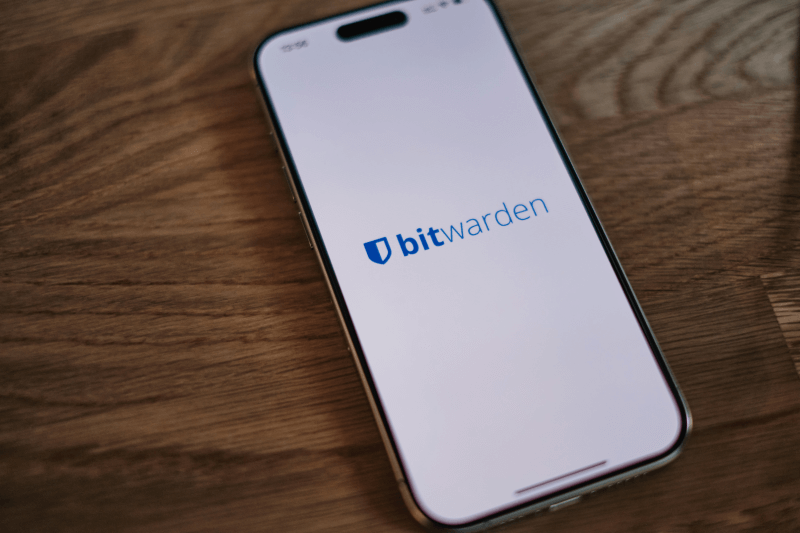Cryptocurrency isn’t going anywhere. While the craze and surge of new crypto companies popping up seemingly daily has subsided, crypto continues to make headlines, and for good reason.
With headlines come winners and losers in the stock and trading worlds.
Trust and accurate information reign supreme and influence investors’ decisions and stock prices.
A recent incident involving the Securities and Exchange Commission’s (SEC) X account left cryptocurrency investors stunned and scrambling to react to some big news. An announcement from the official SEC X account stated the approval of Bitcoin exchange-traded fund (ETF).
As expected, this announcement triggered a frenzy among investors. But the excitement and fanfare were short-lived as it was reported to be sent by a hacker…only to turn out shortly thereafter to be accurate.
So what happened?
The Unauthorized Tweet:
The SEC's official X account dropped a bombshell sending Bitcoin prices soaring. The tweet clearly stated, “The SEC grants approval for #Bitcoin ETFs for listing on all registered national securities exchanges.” Cryptocurrency enthusiasts and investors had been awaiting this official approval and when it was announced, it drove Bitcoin's price above $46,000.
Fallout:
The cryptocurrency market experienced an immediate reaction and surge as the news spread quickly throughout social media and beyond. Bitcoin's price skyrocketed more than $1,000 in mere minutes, reflecting the promise and long-awaited high hopes among investors. Just as fast as the excitement arrived, it dissipated. SEC Chairman Gary Gensler promptly took to his personal account to unveil a 180-degree message – the SEC's account had fallen victim to hacking, and the announcement was unauthorized and inaccurate as there was no approval granted at that time.
Market Reaction:
The revelation sent another wave of pricing panic through the cryptocurrency market, precipitating a correction and reversal in Bitcoin's price. The digital asset, which had momentarily breached $48,000, slid back to the $45k range. Investors who had jumped at the chance to get in the mix following the “approval” found themselves in a state of confusion as their swift action to capitalize had now turned into a potential loss within moments. The incident underscored the vulnerability of the cryptocurrency market to external manipulation and misinformation just like anything else in our digital-driven world.
SEC's Response and Regained Control:
Gensler clarified the SEC had not approved the listing and trading of Bitcoin exchange-traded products. The SEC, however, did announce shortly after it regained control over its social media account the Bitcoin approval was granted.
Security Concerns and Political Backlash:
The entire incident prompted questions and concerns about the security of the SEC's social media accounts and beyond.
Market stability hinges on accurate information and with misleading, or in this case mistimed information released either via hacking or early announcement, that stability becomes volatile. Politicians, particularly those critical of Gensler's leadership at the SEC, voiced anger at what they perceived as lax security controls over official accounts. Republican Senator Bill Hagerty demanded accountability, drawing parallels between the SEC and public companies held responsible for market-moving mistakes. If a company would be scrutinized for the same actions, shouldn’t the SEC too?
Accountability and Consequences:
The unauthorized post will stand as a stark reminder of the consequences of lax security measures and protocols.
The potential for misinformation to wreak havoc in the cryptocurrency market is just as potent as it is within and for any industry. As the investigation into the hack unfolded, X's @Safety account revealed the compromised SEC account did not have two-factor authentication activated, raising questions about the adequacy of security protocols in place and best practices for keeping official accounts secure.
Conclusion:
The release of the information about Bitcoin’s ETF approval, the subsequent announcement that information was inaccurate, and finally the real announcement coming shortly after cost investors money, in both directions.
Timing remains crucial in our digital landscape and access to information is as good as currency in the stock and trading world.
Vigilance and skepticism can cost investors money in the face of market-moving announcements. Conversely, being slow to the table in these types of scenarios can yield dividends and incredible returns.
In the ever-evolving digital asset space, regulators and investors alike must prioritize the security of information and its dissemination across official channels to ensure trust and integrity. This particular incident serves as a wake-up call for enhanced security measures within regulatory bodies like the SEC as well as the entire cryptocurrency ecosystem.
$4.6 billion in trading volume. That’s what transpired on January 11th following the official release announcement of Bitcoin’s ETF approval.
Stay current on the latest cyber threats, scams, and incidents right here with PhishingBox!


